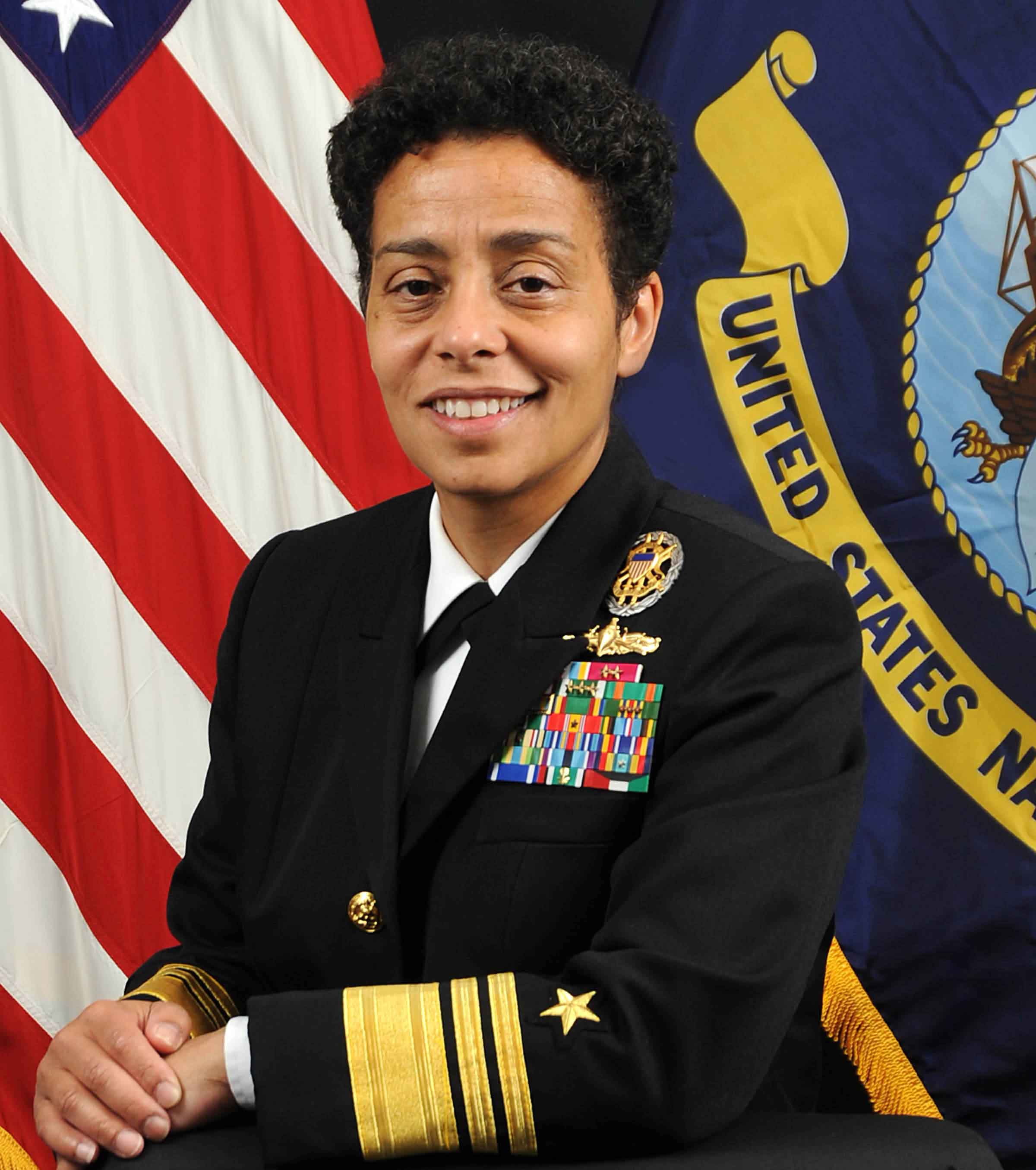
Navy Nominates First African American Woman For Fourth Star
Vice Adm. Michelle Howard has been nominated to serve the second in command of the U.S. Navy, making her the…
Copyright 2024 U.S. Naval Institute. All Rights Reserved.